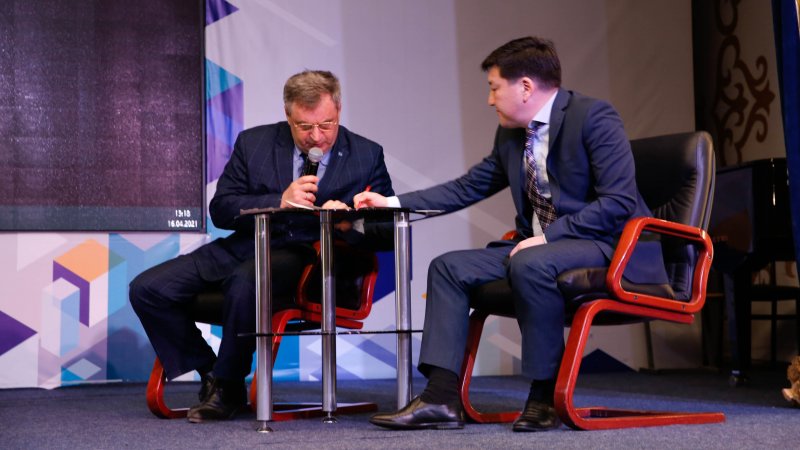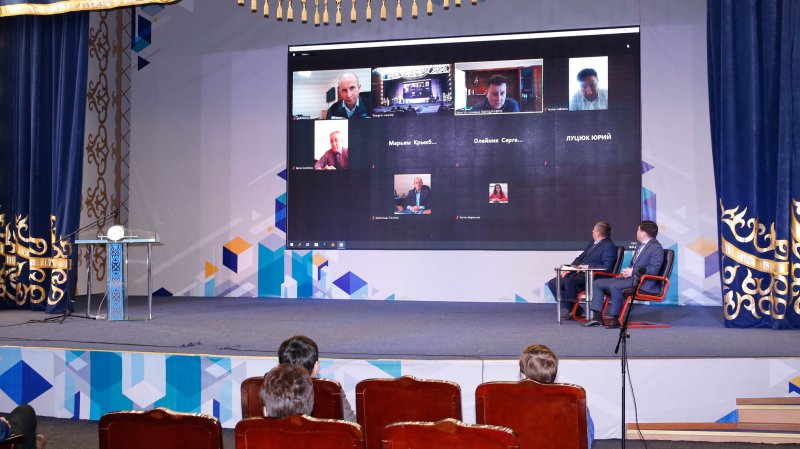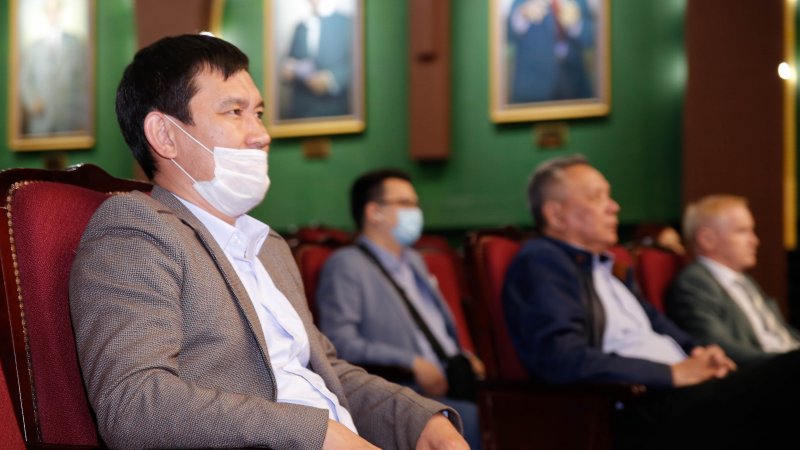Scientists-experts, heads of large energy enterprises and specialized departments of Pavlodar region are discussing the state and prospects for the development of the heat and power industry in the region.



High wear and tear of equipment and networks, a shortage of maneuverable sources to cover peak loads, the need to build new power transmission sources - these and other factors determine the quality of heat and power supply.
- Every year there is an increase in technological violations associated with the long service life of power equipment, so the Eurasian Group is ready to help determine its actual technical condition. This will ensure high-quality and uninterruptible heat supply with the sequential solution of several tasks, - said Yerzhan Salkhanov, deputy head of the energy and housing and communal services department of Pavlodar region.
First Deputy General Director of "Pavlodarenergo" JSC Vadim Lesin analyzed the past heating season and raised the problem of tariff setting.
- Historically, stations were built in close proximity to enterprises, both for generating electricity and for supplying heat. Features of the combined generation of heat and electricity are not taken into account when setting tariffs. In addition, from July 1, a new Environmental Code is introduced, the so-called third technology regulator at the level of European mechanisms will appear, which will lead to additional costs for the modernization of treatment facilities and the use of green technologies, and the financing mechanisms for these activities have not been worked out.
Director of Pavlodar CHP-1 Ilya Ryzhkov voiced the problem of staff shortage.
- There are vacancies in Pavlodarenergo and Aluminum of Kazakhstan, colleagues come after university or college, but they do not stay late. We associate this problem with low wages, which is also associated with low energy tariffs.
The representative of the system operator of the unified electric power system "KEGOС" Yuri Lutsyuk told about the project "Strengthening the connection of the Pavlodar power center with the UES of Kazakhstan", the implementation of which will increase the reliability of the region's power system.
In conclusion, the parties agreed to continue cooperation in accordance with the concept of the triple helix, which implies close interaction between science, business and government in order to develop society in an innovative way and effectively solve existing problems.






